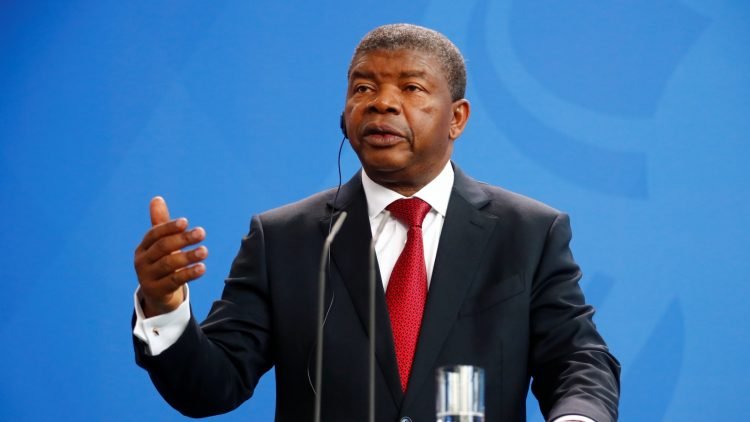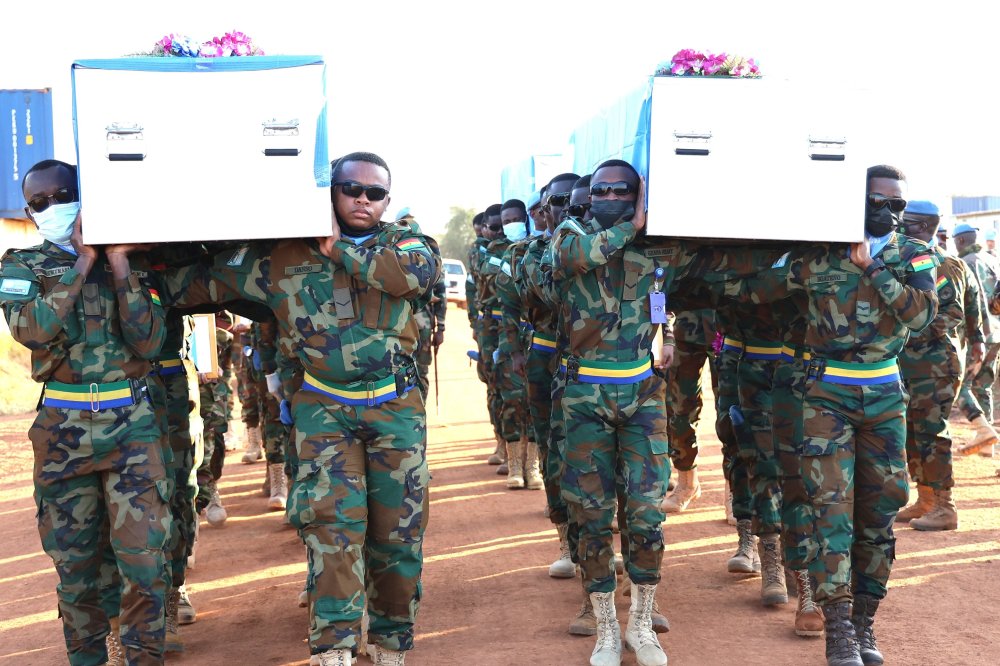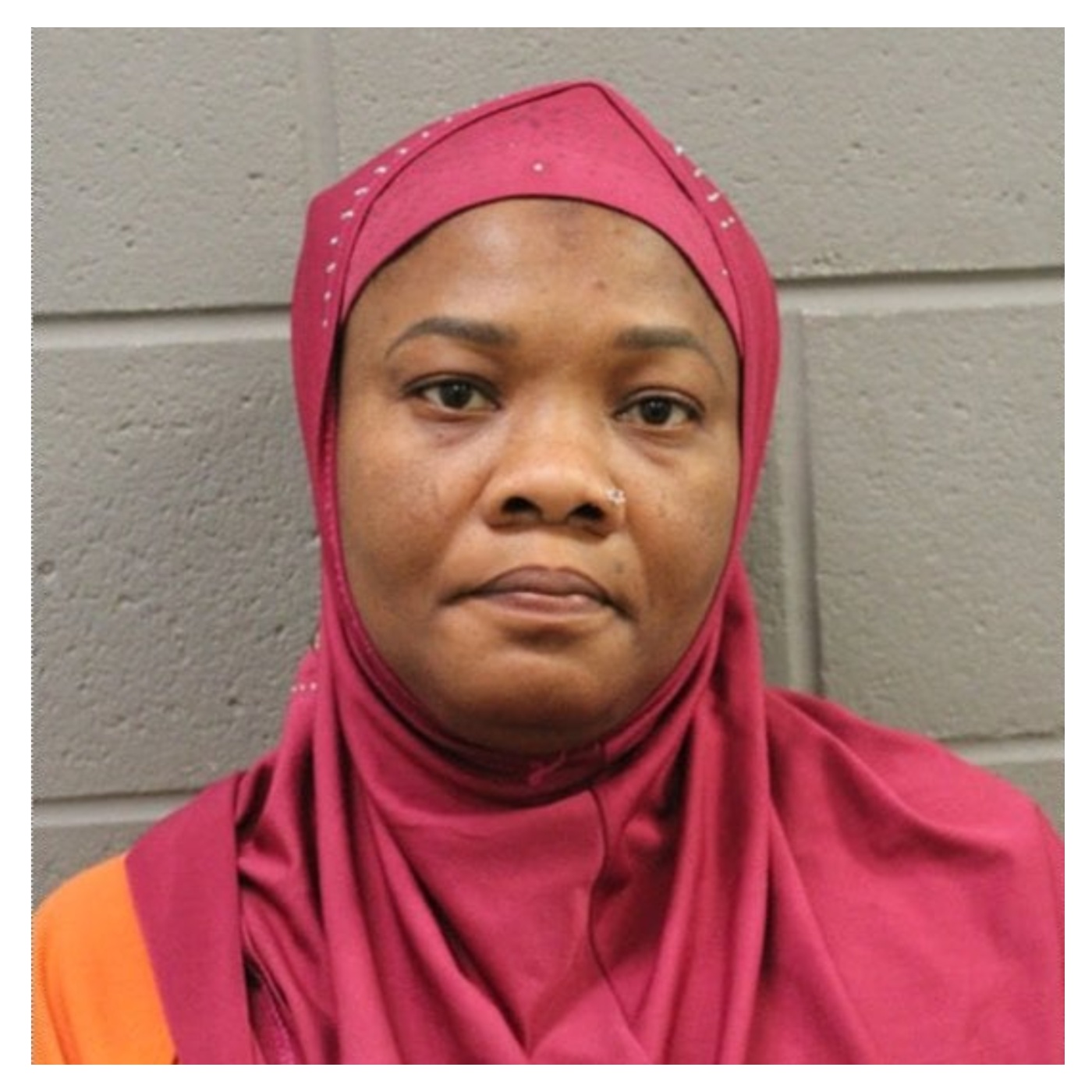For the first time since the deadly protests erupted, Joao Lourenco addressed the nation but made no mention of the controversial fuel price hike that triggered the chaos.
Instead, he pointed fingers at what he called “irresponsible citizens” allegedly influenced by “unpatriotic organizations,” without offering further details.
The unrest, which began after fuel prices spiked on July 1, led to violent clashes with security forces that left at least 30 people dead. Demonstrators had taken to the streets to protest the surging cost of living.
Lourenco defended the police response, insisting that their actions were needed to restore order to the state, reducing turmoil.
However, several human rights groups have condemned the conduct of the security forces, accusing them of using excessive force and the killing of unarmed civilians attempting to voice their grievances.
According to the country’s interior minister, police intervened to stop extensive looting and acts of vandalism.
Lourenco also announced that support measures will be introduced to aid businesses damaged during the turmoil.
By Saturday, a sense of normalcy had returned to Luanda, the capital city, with businesses reopening and public transportation back in service.






